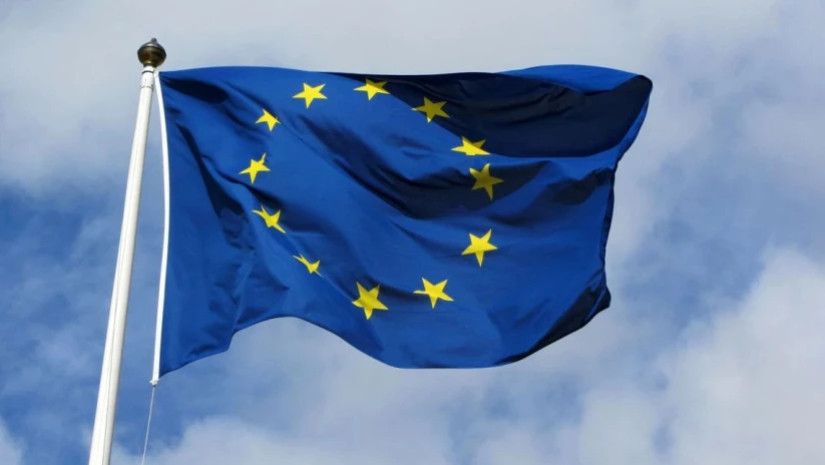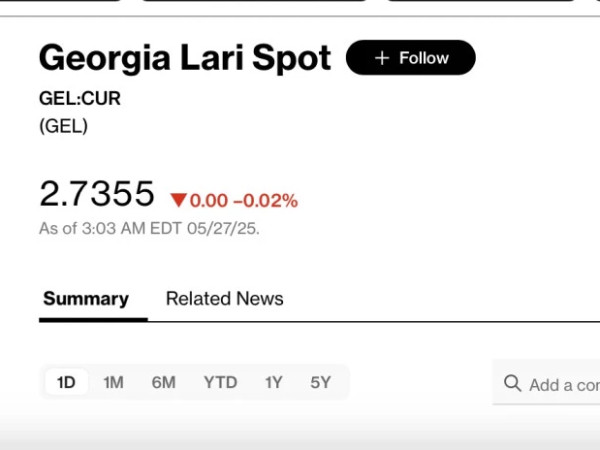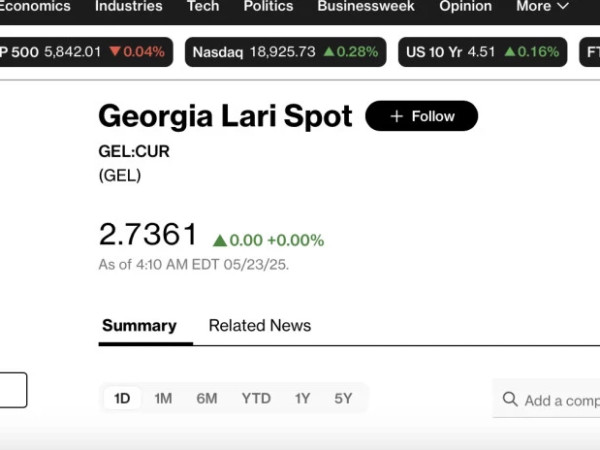A provisional agreement to make European elections and referendum campaigns more transparent for citizens and more resistant to foreign interference was reached overnight (7 November) by the European Parliament and the Council of the EU.
The new rules cover paid political advertising and aim to fill a legal gap in the fight against voter manipulation, opaque campaigns, and disinformation, although they will only apply to cross-border campaigns for the 2024 European elections.
Big Tech firms will face new European Union rules to clearly label political advertising on their platforms, who paid for it and how much and which elections are being targeted, ahead of important votes in the bloc next year.
The new political advertising rules, which were agreed by EU countries and European Parliament lawmakers late on Monday, will force social media groups such as Alphabet's Google, Meta Platforms to be more transparent and accountable.
Violations of the new EU can be punished with fines up 6% of an ad provider's annual turnover.
The rules will bar third country entities from sponsoring political advertising in the EU in the three months before an election or referendum and include a ban on ads that profile people based on ethnicity, religion or sexual orientation.
All online political ads will be available in an online ad repository.
Violations of the new EU can be punished with fines up 6% of an ad provider's annual turnover.
The rules will bar third country entities from sponsoring political advertising in the EU in the three months before an election or referendum and include a ban on ads that profile people based on ethnicity, religion or sexual orientation.
EU countries and EU lawmakers clinched a deal after thrash out details of the draft regulation, which was proposed last year by the European Commission.
The European Parliament will hold elections in June next year, with many concerned about disinformation and foreign interference in the run-up to the polls.
The bloc-wide rules will apply 18 months after they come into force, which is expected to be in 2025.
Until then, measures regulating the non-discriminatory provision of cross-border political advertising - including for European political parties and political groups - will already be in place for the European Parliament elections in 2024.


















